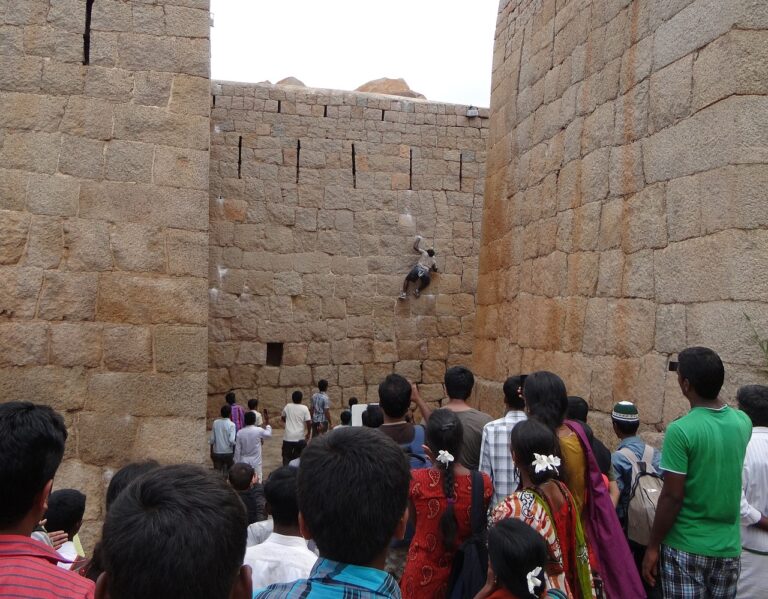The Influence of Supreme Court Decisions on Electoral Dynamics: 11xplay reddy login password, Diamondexch9 id, Skyexchange id
11xplay reddy login password, diamondexch9 id, skyexchange id: The Influence of Supreme Court Decisions on Electoral Dynamics
Supreme Court decisions can have a significant impact on electoral dynamics in the United States. The highest court in the land often weighs in on important issues related to voting rights, campaign finance, and redistricting, among others. These rulings can shape the rules of the game for elections and have far-reaching consequences for the democratic process.
Voting Rights Act:
One of the most critical areas where the Supreme Court has influenced electoral dynamics is the Voting Rights Act. In the 2013 Shelby County v. Holder decision, the Court struck down a key provision of the Act that required certain states with a history of voter discrimination to obtain federal approval before changing their voting laws. This decision had a direct impact on how states conduct elections and has been cited as contributing to voter suppression efforts in some areas.
Campaign Finance:
Supreme Court decisions like Citizens United v. FEC have also had a profound impact on electoral dynamics by opening the floodgates for unlimited corporate and union spending on elections. This ruling paved the way for the rise of Super PACs and dark money in politics, giving wealthy donors an outsized influence on the electoral process.
Redistricting:
The issue of partisan gerrymandering, where political parties manipulate district boundaries to gain a political advantage, has been brought before the Supreme Court multiple times. Decisions like Rucho v. Common Cause in 2019 have limited the Court’s ability to address this issue, leaving the door open for continued manipulation of electoral districts that can disenfranchise voters and distort election outcomes.
FAQs:
Q: Can Supreme Court decisions be overturned?
A: Yes, Supreme Court decisions can be overturned, but it is a rare occurrence. The Court typically adheres to the principle of stare decisis, or respect for precedent, but can overturn previous decisions if persuaded by new arguments or changes in societal norms.
Q: How does the Supreme Court decide which cases to hear?
A: The Supreme Court grants certiorari, or agrees to hear a case, based on the merits of the legal issues presented and the importance of the case to the nation. The Court typically selects cases that have broad implications for the law and constitutional rights.
Q: How can Supreme Court decisions impact future elections?
A: Supreme Court decisions can shape the rules governing elections, including voting rights, campaign finance, and redistricting. These rulings can have a direct impact on who is able to vote, how campaigns are funded, and the structure of electoral districts, all of which can influence election outcomes.
In conclusion, Supreme Court decisions play a crucial role in shaping electoral dynamics in the United States. From voting rights to campaign finance to redistricting, the Court’s rulings have far-reaching implications for the democratic process. It is essential for voters to be aware of these decisions and their potential impact on elections to ensure a fair and inclusive electoral system.







